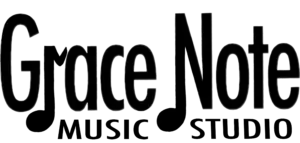
Piano
The piano, a majestic and versatile instrument, has long been considered the “king of instruments” due to its expansive range and expressive capabilities. Invented in the early 18th century, the piano has evolved into one of the most widely used and beloved instruments in classical, jazz, pop, and many other genres. Its unique mechanism involves hammers striking strings when keys are pressed, allowing for dynamic control over volume and tone. With its broad tonal palette, the piano can convey a wide range of emotions, from the delicate and melodic to the powerful and dramatic.
The piano’s role in classical music is unparalleled, serving as a solo instrument, accompaniment, and a central element in orchestras. Composers such as Ludwig van Beethoven and Frédéric Chopin utilized the piano to create timeless masterpieces that showcase its expressive capabilities. In the realm of jazz, legends like Duke Ellington and Thelonious Monk expanded the piano’s role, incorporating improvisation and syncopated rhythms. Additionally, the piano’s ability to seamlessly blend with other instruments has made it a staple in various ensembles and genres, contributing to its enduring popularity across diverse musical landscapes.
Beyond its musical significance, the piano has become a symbol of cultural refinement and sophistication. Its presence in homes, concert halls, and recording studios underscores its universal appeal. Learning to play the piano is a common pursuit for musicians and enthusiasts alike, as its keyboard layout provides a visual representation of musical theory. The piano’s adaptability, coupled with its timeless elegance, ensures its continued prominence and relevance in shaping the soundscape of both classical and contemporary music.
To book your first lesson, submit a Contact Form by clicking the link below
